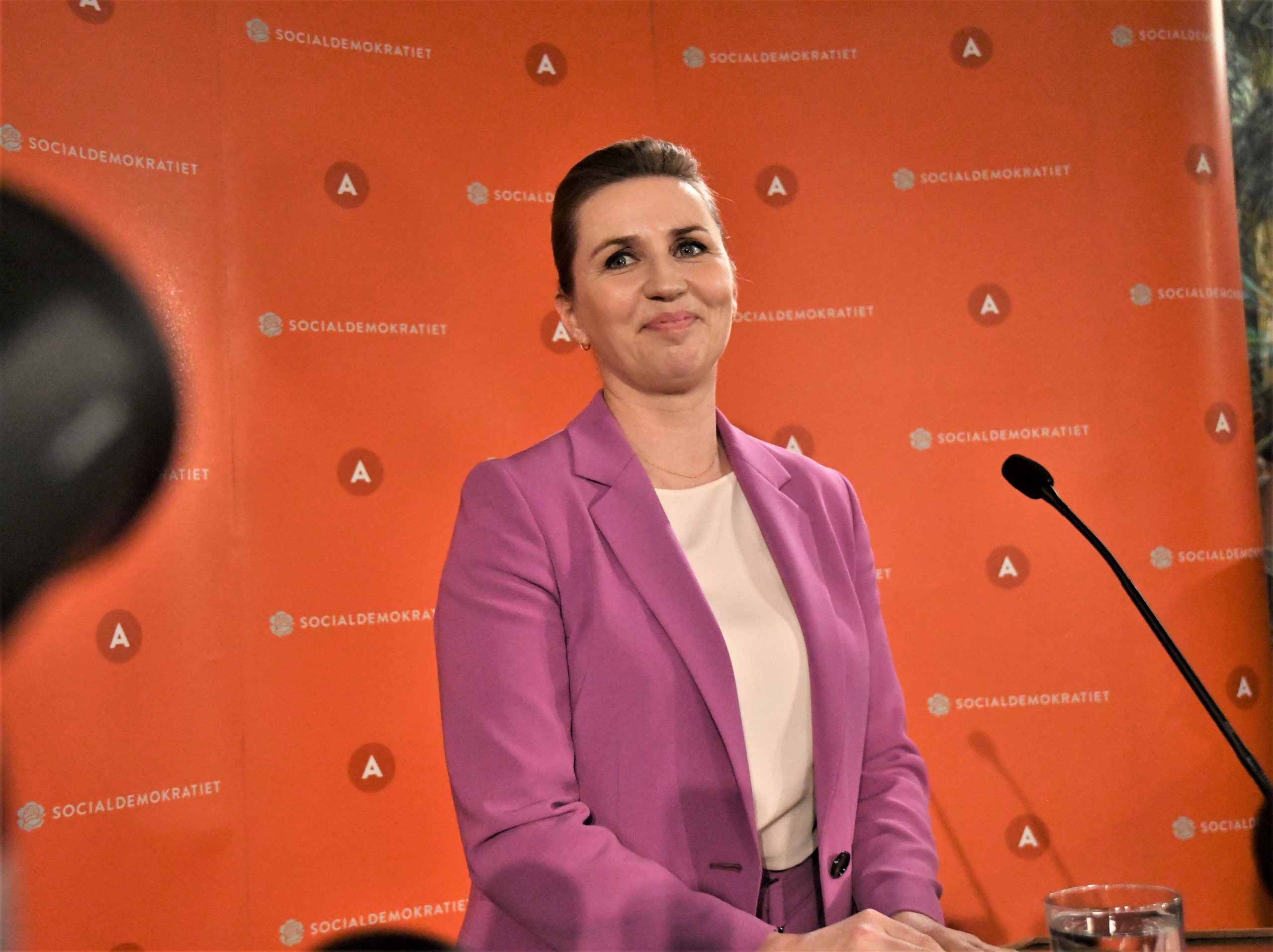Some 34 percent of Danish voters believe that Mette Frederiksen is performing poorly as prime minister, and just 43 percent think she is doing well, according to an Epinion poll.
Equal with a poll in December 2021, the nine percentage point gap is the lowest since she took office, but the level of disappointment with her performance is one percentage point higher – the worst yet.
With a general election around the corner – possibly in the autumn, but definitely before the end of June 2023 – and the red and blue blocs level pegging in the polls, it is another sign that the wheels might be coming off her government.
Public can’t forgive Minkgate
In March 2020, just three weeks after the PM put the country swiftly into a corona lockdown, some 79 percent gave her premiership a thumbs-up, with just 5 percent saying she was doing badly.
But Minkgate has clearly disappointed the public and left them questioning her credibility and trustworthiness as a leader.
In early July, Radikale said it would cast a vote of no confidence in Frederiksen if the PM does not call a general election before the opening of Parliament on October 4.
SF wants changes at schools
Radikale isn’t the only government ally ruffling feathers, reported Politiken yesterday.
SF is terminating the central settlement pertaining to the public schools, which it backed almost a decade ago when it was introduced by Helle Thorning Schmidt’s red bloc government. Its decision means a new settlement will have to be agreed upon after the next election.
SF wants the schools to have more freedom in their decision-making. The party favours a shorter school day and increasing the number of hours when two teachers are present.














